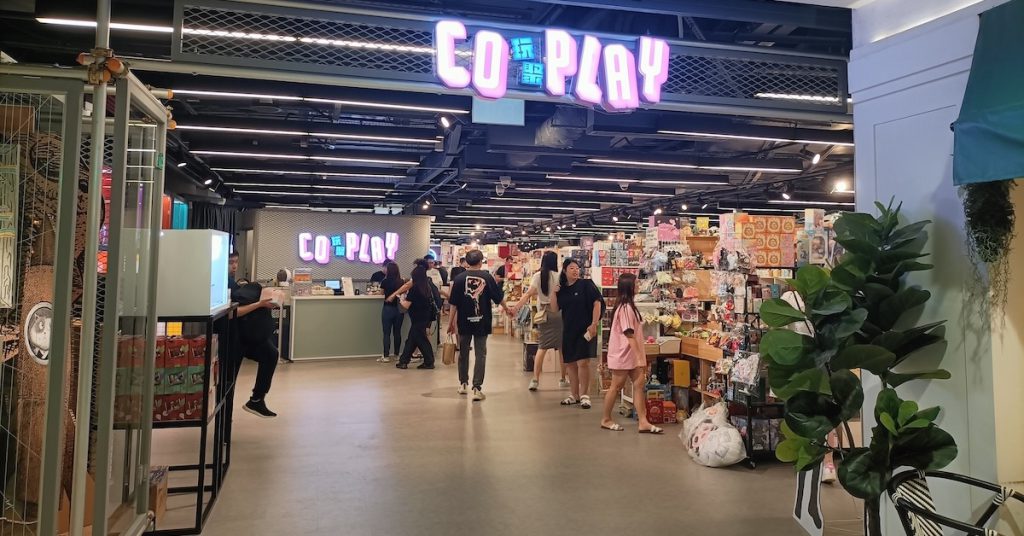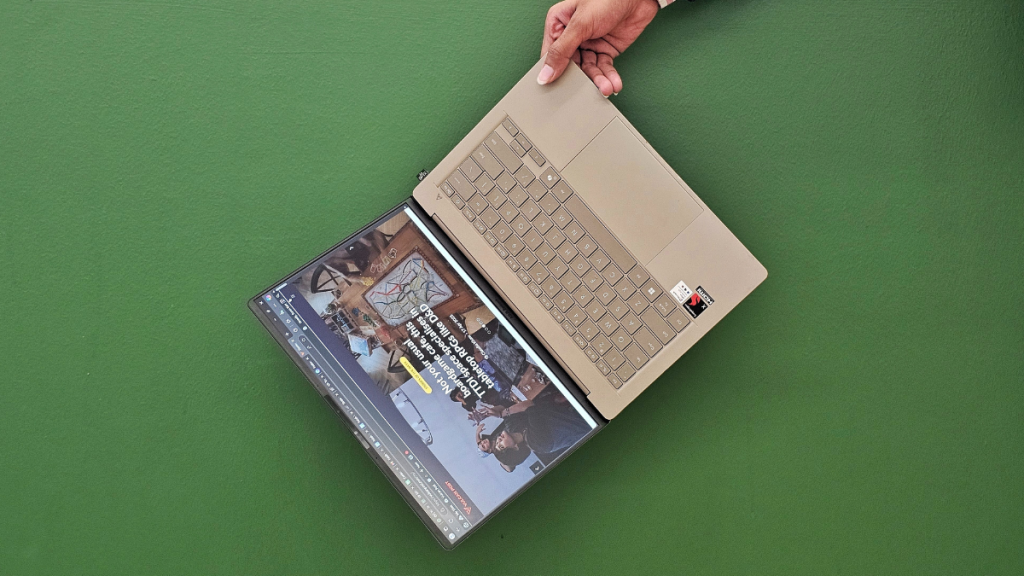In today’s economy, freelancing is one of the most highly sought-after profession. With almost 30% of the Philippine workforce engaging in freelance work, the supply and demand of income acquisition is not as efficient as it should be.
Freelancers usually rely on one tool when it comes to receiving payments from abroad – PayPal.
However, recent issues suggest that PayPal isn’t as efficient as many would believe. This meant that people had to find other ways of receiving payments – without having to give up a portion of their money for hefty handling fees.
One Indian entrepreneur noted this gap and came up with his own solution: Payoneer.
Early Days of Payoneer
Payoneer was founded by Yuval Tal in 2005.
To date, Payoneer has over 4 million users worldwide, scattered in around 200 countries.
It is currently supporting an estimated amount of 150 currencies, and is also the preferred platform by leading organisations and companies around the world like Google, Upwork, Amazon, and AirBnB.

Payoneer country manager Miguel Warren once said: “We’re starting to build our local team. We understand that in order to be able to grow the business, we are going to need to become more local so as to understand the costumers better.”
Here in the Philippines, Payoneer is also accredited in several e-commerce websites like Shopee and Lazada, as well as in most major freelancing websites such as Upwork, Fiverr, and Craigslist.
“These are BPOs but homegrown and SMEs. This is a segment, which for me, has a lot of opportunity and we can help them by making it easier for them to receive payment,” he added.
During the official launch of Payoneer in the Philippines, Patrick de Courcy, head of Asia-Pacific for Payoneer Inc. said:
In the Philippines, we see a huge potential in the freelance, business processing outsourcing (BPO), and small businesses to become global businesses, and we help them to get paid in a cost efficient, easy, simple manner.
Payoneer for Everyone

During an interview, founder Yuval said that there’s a lot of opportunity to serve the under-served segment of cross-border entrepreneurs and freelancers. This is where out growth is going to come from, he added.
Because not a lot of attention is paid to this segment, and if we can take care of them, serve them, I think we’re gonna be very good in terms of volume
Below is a simple comparison chart of Paypal and Payoneer.

“A lot of these people are simply unaware of what they are being charged by banks and other suppliers,“ he added.
As you can see in the chart, compared to PayPal, Payoneer’s cost of transactions is lower. This means that you get more money.
Payoneer saw the problem that most people face in PayPal, which is high transaction rates, and quickly resolved it.

The photo above shows you what you have to go through in order to receive and deposit money in both PayPal (A) and Payoneer (B). As illustrated, it’s definitely much easier and convenient to be verified in Payoneer than in PayPal.
Although PayPal won at credibility and bank reach, Payoneer took the trophy when it comes to flexibility.
Essentially, the two vary in their service, but both of them are still great online service providers.
The Payoneer Advantage
Unlike PayPal, which takes days before you can withdraw money, Payoneer lets you send funds to your beneficiaries instantly, and have them withdraw the money immediately at your local bank account and in their local currency.
It also has a physical card, which is much like having an ATM card. You can also use it as your online wallet, wherein you can use it for different transactions.

“This is key as it levels the playing field for small businesses and this is how larger firms receive their payments,” said Warren.
Payoneer is set to go global once it has established enough user loyalty.
Featured Image Credit: Tech Infographics















